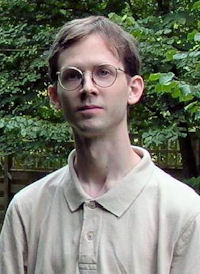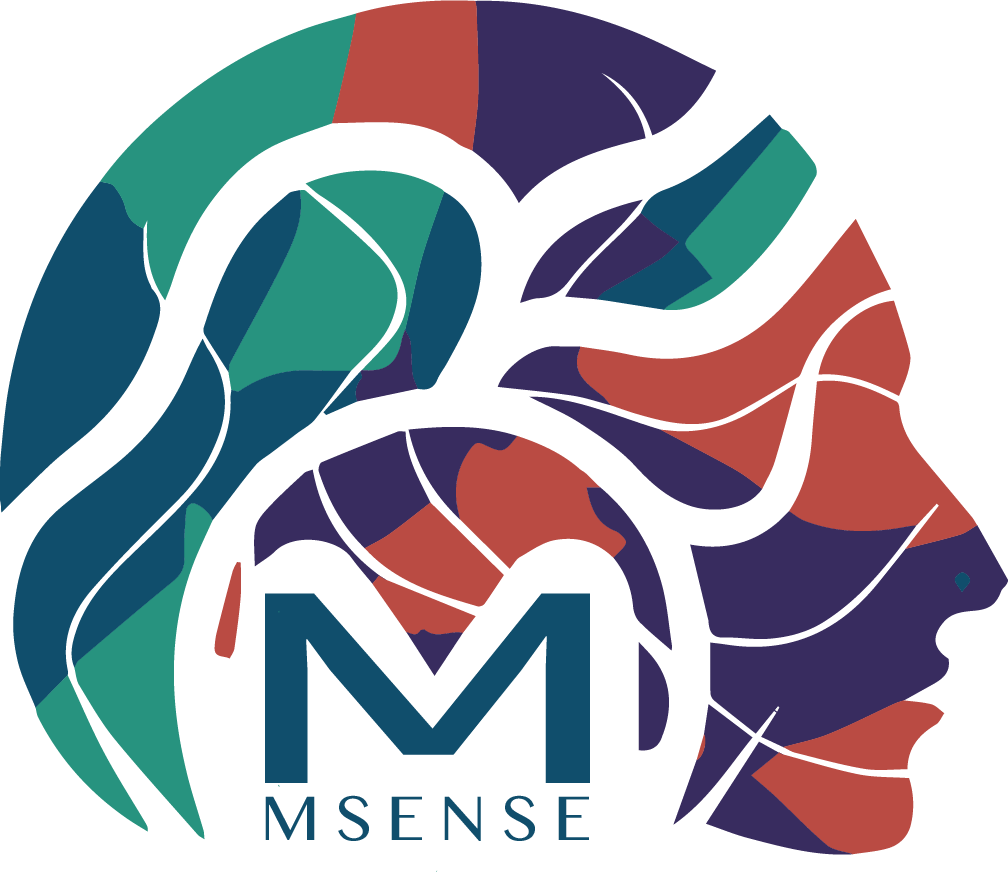Principal Investigator

Zhuanghua Shi (Strongway) leads the Multisensory Perception Lab (MSense) and serves as a faculty member in the Department of Psychology at LMU. Additionally, he holds an associated faculty member at the Graduate School of Systemic Neuroscience (GSN) at LMU. He is also affiliated with NuroImaging Core Unit Munich (NICUM). His research primarily concerns perceptual biases and investigates how context and probability influence learning and perception, as well as the principles of Bayesian interference.

Postdoctoral Researcher


Siyi Chen became a member of the lab team in late 2018, focusing on the crossmodal contextual learning project. In 2022, she was awarded funding for her independent research project from the German Research Foundation (DFG), which explores the impact of uncertainty on context guidance and suppression mechanisms. She currently holds the position of Junior Researcher in Residence (Center for Advanced Studies) at LMU (2023/24).

PhD Students

Jiao Wu (MSc.)studied psychology at Peking University and joined the lab in 2021. She is interested in the organization of context-based prior formation in time perception.

Chunyu Qu joined the MSense Lab in 2025 after completing his master’s degree at the Technical University of Munich (TUM). His research focuses on how the human brain integrates past and present information in dynamic and uncertain environments, aiming to understand the continuity mechanisms linking perception, memory, and decision-making. He combines behavioral experiments, functional magnetic resonance imaging (fMRI), and computational modeling, including Bayesian inference and variational autoencoder (VAE) algorithms, to characterize the coupling between trial-by-trial belief updating and neural dynamics. His broader interests include neurocognitive modeling, multisensory integration, and brain–computer interface (BCI) systems.

Associated members
Fredrik Allenmark. With


Artyom Zinchenko graduated from Max-Planck Institute for Human Cognitive and Brain Sciences (Leipzig) in 2016. His

Former doctoral students and postdocs
- Hao Yu (Peking University)
- Jimmy Esmaily (Cambridge University)
- Si Cheng (University of Texas Southwestern Medical Center)
- Shao-Yang Tsai (Rotman Research Institute, Baycrest)
- Yannan Su (Alpine Institute)
- Lingyue Chen (Darmstadt University)
- Nan Qiu (Chengdu Brain Science Institute)
- Cemre Baykan (University of Marburg)
- Jan Nasemann
- Leonardo Assumpção
- Xiuna Zhu
- Bing Li (Yanan University)
- Miloš Stanković (Dresden University)
- Zhang, Bei (Shanghai Jiatong University)
- Grzeczkowski, Łukasz
- Yue, Ren (Rotman Research Institute, Baycrest)
- Xuelian Zang (Hangzhou Normal University, China)
- Chen, Lihan (Peking University, China)
- Ganzenmüller, Stephanie
- Jia, Lina (Jiangnan University, China)
- Rank, Markus (Hilti group)
- Zou, Heng
